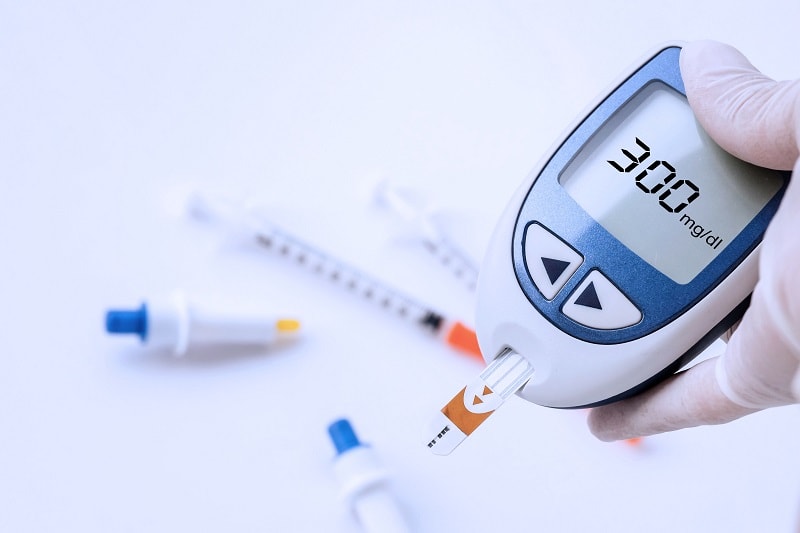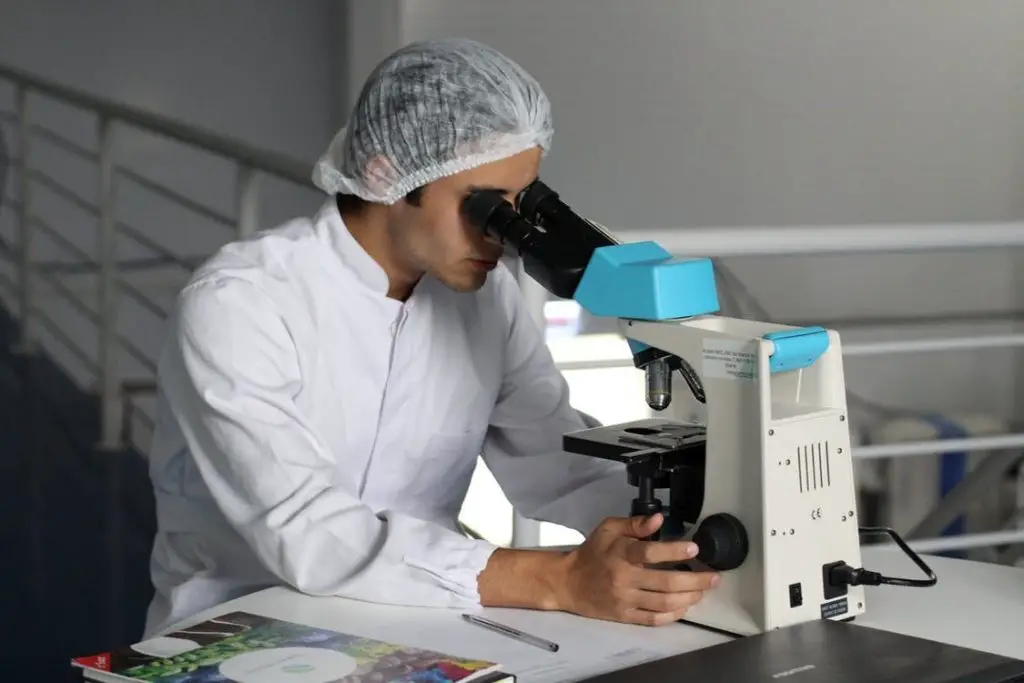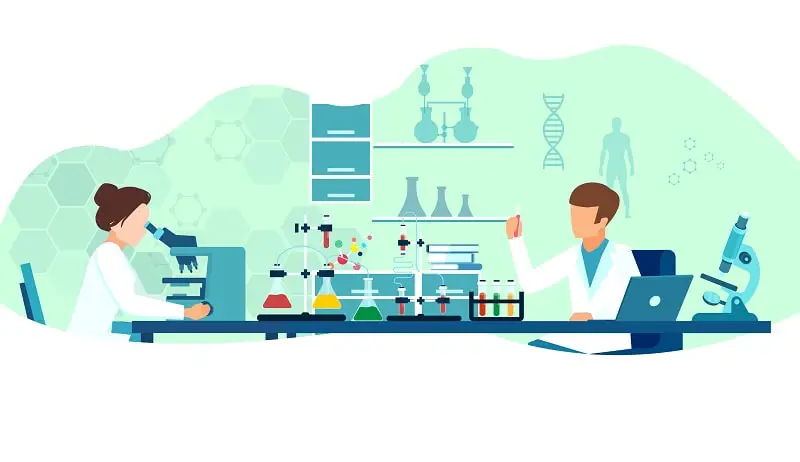What Can You Do With A
Biology Degree
A Biology degree covers a wide range of professions, but all of them have one thing in common – studying the natural world. From treating humans and caring for animals, to designing technology that helps in enhancing the quality of life of humans and wildlife; the Biology degree holders work to change, preserve, and protect life in this world.
A Bachelor’s degree in Biology can earn you an entry-level job and set the groundwork for advancing your career where you will be conducting research and lab work.

Typical employers for Biology graduates








8 Career Options
- Biologist
- Environmental Conservationist
- Zoologist
- Food Scientist
- Biology High School Teacher
- Biomedical Engineer
- Microbiologist
- Genetic Counselor
What they do
This is an obvious one, but it is a rather vast field. Your job responsibilities will be based on the specialty you opted.
The majority of Biologists study life and organisms, particularly their connection with the environment, through experiments and research. For instance, Plant Biologists observe the subjects in their native habitats to study behaviour and patterns. Find out more about what’s it like working as a Biologist.
How to become one
Around 32% of Biologists hold a Bachelor’s degree while the majority of them has a Master’s degree.
How much they make

What they do
An Environmental Conservationist is responsible for carrying out research to determine the root cause of hazards or pollutants in the environment, and establish ways to control or eliminate those problems.
They suggest solutions to business officials and the government to decrease waste and prevent actions that result in impacting humanity negatively. Find out more about what’s it like working as an Environmental Conservationist.
How to become one
You need a Bachelor’s degree to get an entry-level job in this field. Around 70% of Environmental Conservationists hold a Bachelor’s degree. A Master’s degree will help you specialize in a particular area and progress your career further.
How much they make
.jpg)
What they do
Zoologists are responsible for studying animals either in captivity or in the wild. Also referred to as Wildlife Biologists, they monitor the animals, their behaviours, and the ways they connect with their habitats and other animals. Find out more about what’s it like working as a Zoologist.
How to become one
For an entry-level job, you need at least a Bachelor’s degree. If you want to conduct scientific or investigative work in a university or to start independent research, an advanced degree is required. The majority of Zoologists (around 42% of them) hold a Bachelor’s degree while around 35% of them have a Master’s degree.
How much they make
.jpg)
What they do
For a Food Scientist, the kitchen is their laboratory. There are different specialties in this field, including quality assurance (overseeing food production or becoming a part of regulatory agencies) and research (improving food additives, storage techniques, and usage). Find out more about what’s it like working as a Food Scientist.
How to become one
You must have a Bachelor’s degree in Microbiology or Biology to get an entry-level job. 69% of Food Scientists holds a Bachelor’s degree. For mid to senior roles, advanced degrees are required.
How much they make
.jpg)
What they do
Biology High School Teachers help students understand the basics and advanced concepts of biology, depending on which grade they are teaching. They also develop the course outline according to the level of understands of the students.
How to become one
To become a High School Teacher, you need at least a Bachelor’s degree. However, if you want to become a lecturer at a college or university, a Master’s degree or PhD is required.
How much they make
$46,000
.jpg)
What they do
A Biomedical Engineer is responsible for creating and designing tools and equipment to aid researchers and healthcare professionals. The emphasis on this job is more towards engineering, but the goal is to come up with devices that will help with biological and medical work. Find out more about what’s it like working as a Biomedical Engineer.
How to become one
The majority (53%) of Biomedical Engineers hold a Bachelor’s degree while 30% hold a Master’s degree.
How much they make
.jpg)
What they do
Microbiologists are responsible for examining microorganisms, like parasites, algae, viruses, and bacteria, by performing experiments and analyzing results. They study how these microorganisms interact, grow, and live in their environments. Find out more about what’s it like working as a Microbiologist.
How to become one
A Bachelor’s degree in Biology can help you enter the field. The majority (47%) of Microbiologists hold a Bachelor’s degree. A PhD is required to conduct research independently, in a university, or with a research organization.
How much they make
.jpg)
What they do
Genetic Counselors are responsible for analyzing genetic information, interpreting the findings, and sharing them with couples worried about passing genetic disorders and congenital disabilities to their children. Additionally, they review the medical history and create reports of patients to educate them about the risk factors with inherited issues. Find out more about what’s it like working as a Genetic Counselor.
How to become one
You will need a Master’s degree in Biology to become a Genetic Counsellor. All Genetic Counselors we surveyed told us they hold a Master’s degree.
How much they make
.jpg)








